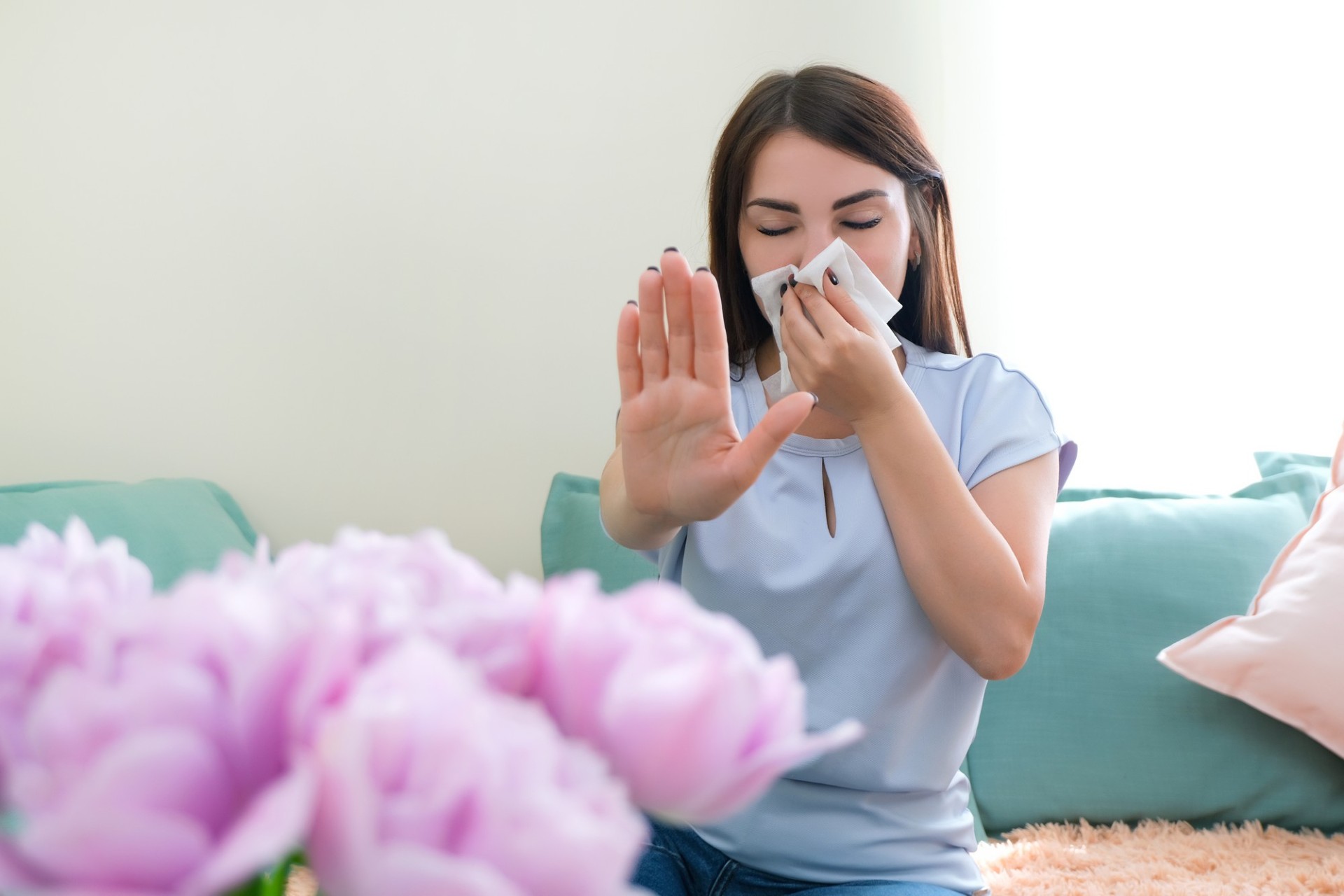The arrival of spring’s blooming flowers or autumn’s golden leaves may be beautiful, but for millions of people, these seasonal changes bring an unwelcome guest—allergies. If you’ve ever found yourself reaching for tissues, sneezing uncontrollably, or battling watery eyes just by stepping outside, you’re not alone.
Whether you’re a seasoned allergy veteran or new to managing symptoms, there’s no need to feel overwhelmed. With the right strategies and some preparation, you can fully embrace the season’s offerings—without the constant discomfort. Ready to take charge? Let’s explore some practical and effective tips to help you easily manage your seasonal allergies.
1. Understand Your Allergens
The first step in managing seasonal allergies is understanding what you’re allergic to. Knowing your specific triggers can help you avoid them more effectively.
- Tree Pollen: Usually peaks in spring.
- Grass Pollen: Typically high in late spring and early summer.
- Mold Spores: Can be an issue in late summer and fall, especially after rain.
Keep track of your symptoms and when they occur to identify patterns. You might also consider allergy testing to get a clearer picture of your triggers.
2. Monitor Pollen Counts
Pollen levels can vary daily and by region.
- Check Daily Reports: Websites like Weather.com or apps like Pollen.com provide daily pollen forecasts.
- Adjust Your Plans: On high pollen days, try to stay indoors, especially during peak pollen hours (usually between 5 a.m. and 10 a.m.).
3. Keep Your Home Allergy-Friendly
Creating an allergy-friendly environment at home can make a significant difference in managing your symptoms.
- Stay Out: For your own protection during high pollen season, keep all windows and doors shut to avoid pollen entering your home.
- Purifiers Can Help Reduce Allergens: High Efficiency Particulate Air (HEPA) filters can provide relief by filtering allergens out of the air.
- Keep Your House Clean: Dust and vacuum frequently using a HEPA filter vacuum, washing bedding and curtains regularly in hot water washing cycles, etc.
4. Manage Outdoor Exposure
When outdoor allergens are at their peak, it’s essential to take steps to minimize your exposure.
- Shower and Change Clothes: Once back indoors after spending time outside, take the necessary measures to rid yourself of pollen from both your skin and hair.
- Avoid Outdoor Activities: Try to limit outdoor activities on high pollen days, especially if you’re particularly sensitive.
5. Use Allergy Medications Wisely
Allergy medications can be highly effective in managing symptoms, but it’s crucial to use them correctly.
- Nasal Steroids: These can help reduce nasal congestion and inflammation. Examples include fluticasone and mometasone.
- Decongestants: These can help relieve nasal congestion but should be used sparingly and not for extended periods.
Always follow your doctor’s advice when using allergy medications, especially if you have other health conditions or are taking other medications.
6. Consider Allergy Shots
For severe allergies that aren’t well-controlled with medications, allergy shots (immunotherapy) might be a viable option. Allergy shots involve receiving regular injections of small amounts of allergens to build up immunity over time.
- Consult an Allergist: If you think allergy shots might be right for you, consult an allergist for an evaluation.
7. Stay Hydrated
Keeping well-hydrated can help keep mucus thin and make it easier to expel. Be sure to drink enough throughout your day in order to remain properly hydrated and maintain good overall wellbeing.
8. Maintain a Healthy Lifestyle
A strong immune system can help your body manage allergies better.
- Eat a Balanced Diet: Focus on a diet rich in fruits, vegetables, and whole grains to support overall health.
- Exercise Regularly: Regular physical activity can help boost your immune system and reduce stress, which can exacerbate allergy symptoms.
- Get Adequate Sleep: Ensure you get enough restful sleep each night to support your body’s natural defense mechanisms.
9. Natural Remedies and Lifestyle Adjustments
Some people find relief from allergies through natural remedies or lifestyle changes:
- Local Honey: Consuming local honey may help some people build immunity to local pollen, although evidence is mixed.
10. Seek Professional Help
If your symptoms persist or worsen despite your best efforts, it might be time to consult a healthcare professional. An allergist can provide a thorough evaluation and tailor a treatment plan specific to your needs.
Conclusion
By understanding your allergens, monitoring pollen counts, keeping your home and environment allergen-free, and using medications wisely, you can significantly reduce the impact of allergies on your daily life. Remember, if you’re struggling to manage your symptoms effectively, don’t hesitate to seek professional help. With the right tools and knowledge, you can enjoy the changing seasons with greater comfort and ease.




Comments are closed